A Drunken Double Celebration
Tuesday, September 13, 2011
 Shangrao, Jiangxi, China
Shangrao, Jiangxi, China
Hey Hey and a Big G'Day toya,
What a lucky boy I am!
What a lovely English Teaching Team!
Wow, two festivals on the same weekend and to help celebrate, China of course needed a long weekend and to also help celebrate such an event Swedish Catrine boarded the night train and dropped in for the long weekend and a few too many beers!
MID AUTUMN FESTIVAL
Also known as the "Full Moon Festival," the Mid-Autumn festival falls on the fifteen day of the eighth lunar month. At this time, the moon's orbit is at its lowest angle to the horizon, making the moon appear brighter and larger than any other time of the year. In the Western tradition, it is also called the Hunter's Moon or Harvest Moon.
According to the lunar calendar, it is also the exact middle of autumn.
Which begins in the seventh month and ends in the ninth.
To the Chinese, this festival is similar to the American Thanksgiving holiday, celebrating a bountiful harvest. Compared to many Chinese festivals that are inundated with vibrant colours and sounds, the Mid-Autumn festival remains more subdued. Traditionally celebrated outdoors under the moonlight, people eat moon cakes and gaze at the moon. In modern times, barbecues with families and friends are also common. On the evening of a Mid-Autumn Festival, families stay up late and get together eating moon cakes and gazing at the moon. Sitting around the table is called "Yuan Yue" (full moon) while going out on night streets is called "Zou Yue" (walking under the full moon).
Legendary Origins
Like most Chinese holidays, the mid-autumn festival is rich in oral history and legend. According to stories, Hou Yi was a tyrannical ruler who won the elixir of immortality by shooting nine suns out of the sky with his bow. But his wife, knowing that the people's lives would remain miserable for all eternity if Hou Yi lived forever, drank the potion. The fluids made her lighter, and she floated up into the moon.
A Historical Anecdote
The Mongol Hordes of Ghengis Khan subjugated the Chinese, and established the Yuan Dynasty in the 13th Century. However, many Chinese resented the fact that they were ruled by a foreign regime. In the 14th Century, Liu Bouwen helped plot the overthrow of the Yuan Dynasty by organising resistance and secret messages were passed along in moon cakes.
Mooncakes
The ubiquitous fare at any Chinese celebration of the Full Moon festival, moon cakes are a flaked pastry stuffed with a wide variety of fillings. Egg Yolk, lotus seed paste, red bean paste, and coconut are common, but walnuts, dates, and other fillings can be found as well. Most have characters for longevity or harmony inscribed on the top.
Special cakes can reach almost one foot in diameter.
TEACHERS DAY
In the history of Chinese education, Confucius is a paragon of all teachers, symbolizing the philosophy of "Educate all without discrimination, and teach according to the abilities of ones students." Using the six arts of rites, music, archery, chariot driving, learning (including reading and writing), and mathematics, Confucius had more than three thousand disciples during his lifetime. In practice of his credo, the Sage never refused a student because of his class or character, requiring only that his pupils possess a sincere desire to learn.
During the crisis of the 'Spring and Autumn Period', Confucius sought to end the chaos of the times. Believing this disorder to be a reflection of declining morals in society, he exhaustively toured the various warring Chinese states to advise rulers and officials on the merits of ethical rule. In his later years, Confucius reorganized the ancient texts, thus laying a solid foundation for China's enduring civilization.
In 1939 the Ministry of Education pronounced that Confucius' birthday would be celebrated on August 28, and designated it as Teachers' Day as well as a national holiday to remember Confucius' enormous contribution to Chinese culture and society. The date was changed to September 28 in 1952 in accordance with chronologists' new findings.
Today, Teachers' Day not only commemorates China's foremost teacher in history but also honours all teachers for their hard work during the year.
The first Teachers' Day was in 1931, the date was June 6, organized by a group of famous teachers without being officially approved by the Kuomintang Government. In 1939, the Kuomintang Government decided to set the Teachers Day on August 28 (Confucius's birthday), due to the turmoil, it was never carried out throughout the whole country. In 1951, the New China government decided to set the Teachers' Day on May 1, the same day with Labour Day, this wasn’t ever popular. Finally, teachers found a day to celebrate their glorious career in 1985, since then, on September 10 every year, teachers all over the country get special attention and gifts for their services to this country.
Every year during Teachers' Day, the Confucius Memorial Service is solemnly held at the Confucius Temple to show respect and honour for the Sage. At the "Teachers Day Celebration" held by the Ministry of Education and the various local governments, teachers with the highest seniority and best qualities are recognized for their contribution to society.
Beers N Noodles toya…..shane
___________________________________________________________
The soundtrack to this entry was by Marillion
The album was 'The Thieving Magpie’
____________________________________________________________
Other Entries

 Shangrao, Jiangxi, China
Shangrao, Jiangxi, China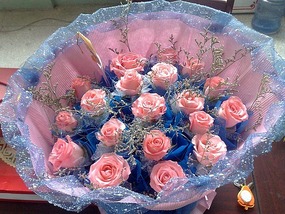
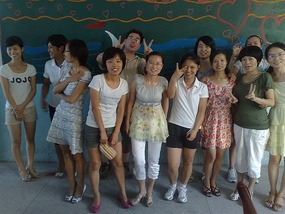
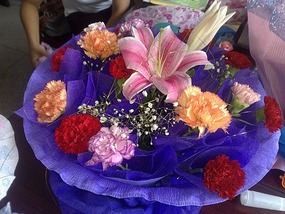
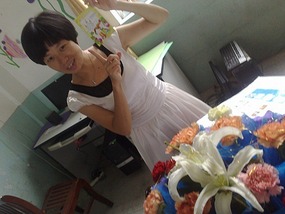
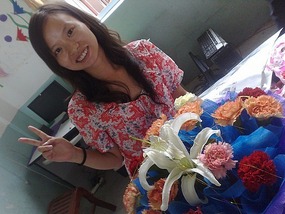
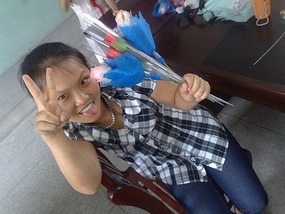
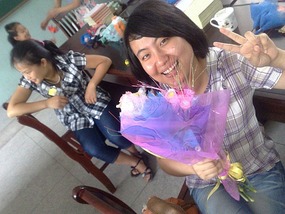
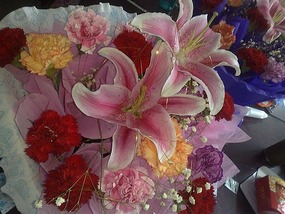
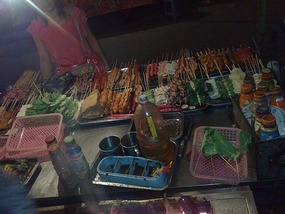
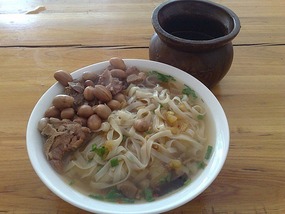

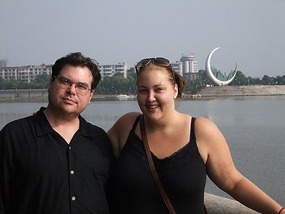
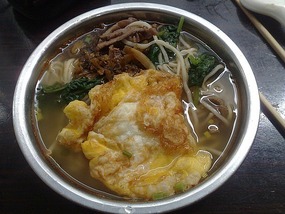

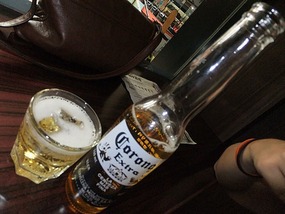

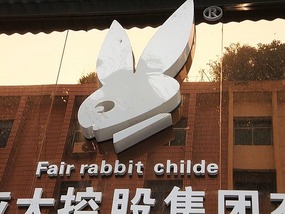

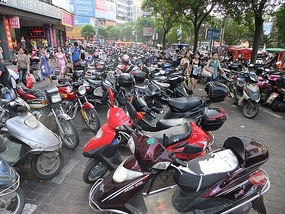
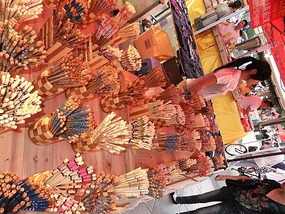
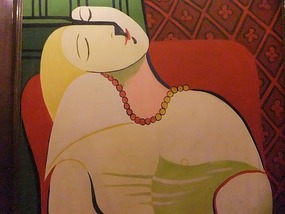

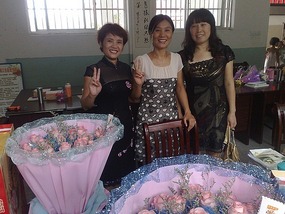

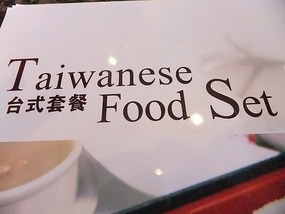

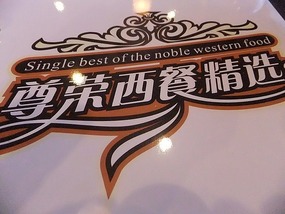


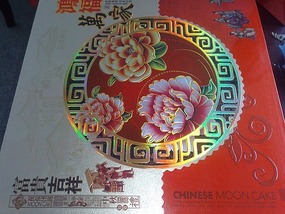
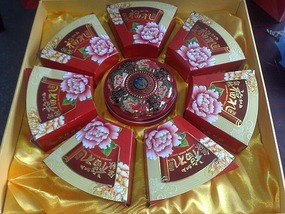

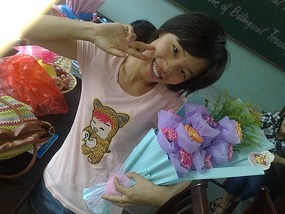

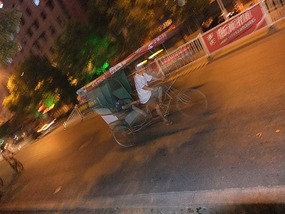
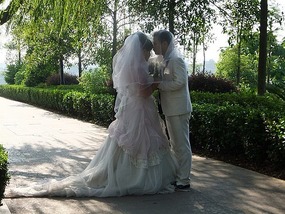
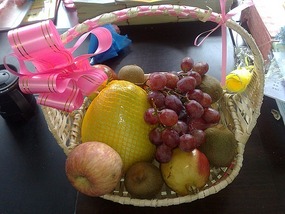

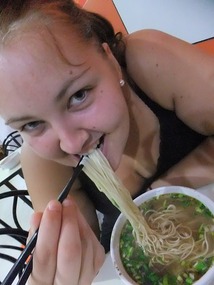


2025-05-22